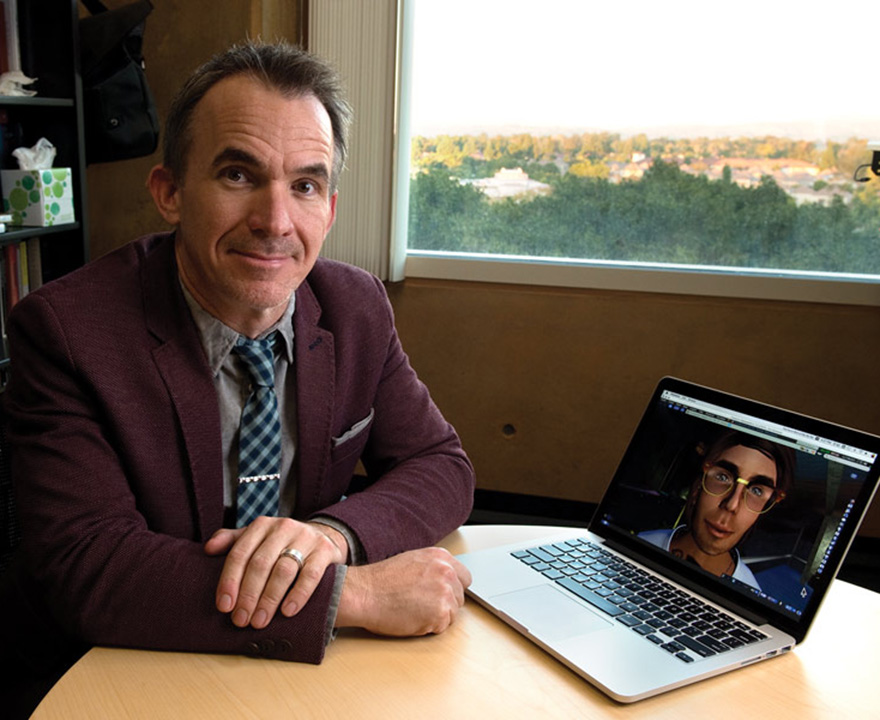Virtual cultures in pandemic times

Virtual cultures in pandemic times
- May 16, 2022
- New documentary chronicles UCI research team’s efforts to understand COVID’s impact on lives online
-----
When COVID closures and precautions pushed many previous physical interactions online, UCI professor Tom Boellstorff was ready. For nearly 20 years, the anthropologist has been expanding and applying their ethnographic expertise in the virtual world of Second Life—blending in, observing, and interviewing participants to learn how people interact and live in digital spaces. Within a week of UCI’s campus courses going remote, Boellstorff had constructed Anteater Island for teaching Anthro 128C, “Digital Cultures,” an undergraduate course focused on cultural and political implications of our rapidly evolving, information-driven world. Less than two months later, Boellstorff received a National Science Foundation Rapid Response grant to study how COVID-19 might reshape online interaction and the role digital worlds—particularly Animal Crossing: New Horizons—play in preserving and transforming social relationships.
“We were able to conduct this research during the first year of the pandemic, before vaccines had been developed and when lockdowns were disrupting everyday life in unprecedented ways,” says Boellstorff. With a team of three graduate students—Evan Conway, Chandra Middleton and Sandy Wenger—Boellstorff conducted interviews and engaged in participant observation research with individuals and groups both new and seasoned in navigating virtual worlds. “Our goal was to see what people were doing in virtual worlds that might be different from other ways of being online like email, Facebook, or Twitter.”
Among their findings, which they plan to develop into a new book, they discovered that some users of Animal Crossing were doing so in response to loneliness, or to feel a sense of accomplishment.
“For some it offered a means of escape, since the pandemic forced people into extended periods at home—some with many family members and little privacy. In other words, people sometimes went online to be alone,” Boellstorff says.
A new documentary, “Virtual Cultures in Pandemic Times,” by Bernhard “Draxtor” Drax chronicles the team’s efforts. Through interviews with Boellstorff’s team and participants from Argentina to Sri Lanka to the U.S., the film highlights the escape digital worlds provide from the mental and emotional toll COVID has taken throughout the pandemic.
“What is now often being called ‘the metaverse’ is a place of incredible potential for creativity and community, if we move beyond the hype and study how these virtual worlds are actually developed and used,” says Boellstorff.
Watch the documentary below to learn more about the team’s work.
-----
Would you like to get more involved with the social sciences? Email us at communications@socsci.uci.edu to connect.
Share on:
Related News Items
- Careet RightDickson receives grant to apply computational cognitive models to language acquisition
- Careet RightThe 6 best video game books of 2024
- Careet RightIntellivision: How a Videogame System Battled Atari and Almost Bankrupted Barbie®
- Careet RightExplore the deep and distant past of Intellivision
- Careet RightCloser to the "real" thing -- How an ad campaign for a 1980s video game console helped shape our view of virtual worlds


